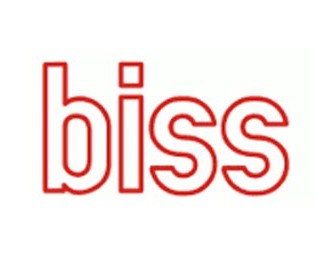BISS Political Media Barometer #1

BISS presents the first public issue of our new quarterly report - BISS Political Media Barometer covering April-June 2012.
BISS released this product with one major goal in mind: to scientifically analyze the quality of the political communication between the Belarusian democratic political forces and the society, and contribute to its improvement.
The methodology was elaborated in cooperation with Wojciech Borodzicz-Smolinski (Center for International Relations, Poland), Kristina Vaicunaite (Eastern Europe Studies Center, Lithuania), Donna Victoria (Victoria Research and Consulting, USA), Denis Volkov (Levada Center, Russia) and other anonymous reviewers to whom we remain truly indebted and grateful.
Main conclusions
- Having few channels to reach to the society and the greater capacity of online to offline media inevitably pushes the Belarusian political forces to ‘migrate’ into the virtual space. The challenge for democratic forces interested in mobilizing the public is to link activities in virtual space with offline activities so as to use the two spaces to build on each other rather than allowing the virtual space to dominate and create a sense of activism that only exists virtually.
- The political forces are communicating to their own insular audiences on issues of importance to technical experts rather than directly addressing the electorate on issues that matter to them. This conclusion is self-explanatory: the independent political forces may be interested in doing and hence reporting more work inside Belarus with the real people than the internal oppositional processes and their international activities. 94% of the opposition’s media time references repressions and only 3% of publications mention economic related issues.
- On the whole, the political communications of the opposition are proactive only 29% of the time. In 31% of the total mentions were made because of media initiative to include a political force or politician in a story. The opposition would benefit from a more planned and proactive approach to media outreach.
- The data shows that quite often party leaders that dominate the media attention are not always clearly defining their roles and many times appear in the media as bloggers, narrators or experts without explicit reference to their political force. While this may good promotion for the individual involved, it does little to promote the broader political force and may lead to identity confusion on the side of the public audience.
- The diversity of representatives from the political forces in the independent media is rather poor. The diversification of characters, topics and the level of events (the events of the regional level are under-represented, only 9.2% of the media appearances addressed regional problems) that would appear in media, could make them more attractive and hence give them more coverage for media and the audience.
Download text
-
03.01
-
07.10
-
22.09
-
17.08
-
12.08
-
30.09








































